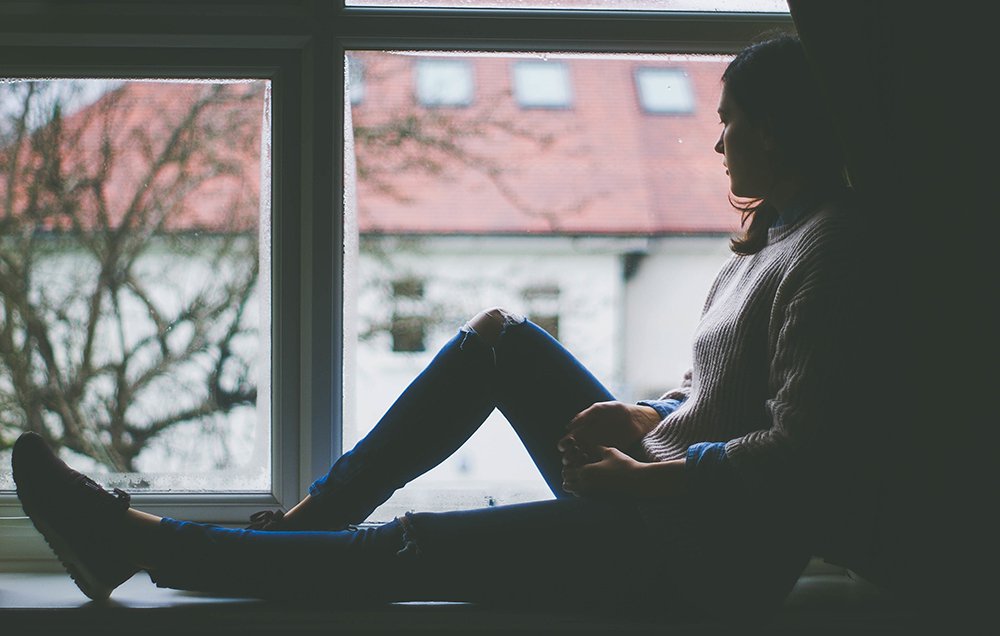Marital rape remains legal in many Asian countries, and social pressures mean it is rarely reported or discussed
When Neelambika’s husband slapped her, she decided to end their marriage, but this only made him angrier and he began to repeatedly rape her while she tried to sleep on the sofa – which is legal in Malaysia.
Neelambika, 60, a part-time teacher with one child, could not afford to move out as divorce proceedings dragged on for more than a year.
“My bed was on the couch in the living room and that’s where the marital rape happened,” Neelambika, who declined to give her full name to protect her identity, told the Thomson Reuters Foundation from the capital, Kuala Lumpur.
“It was about wielding his power and control over me … I endured it but something died inside of me.”
In more than 50 countries, including the United States, Nepal, Britain and South Africa, it is a crime for a husband to rape his wife, but this is not the case in most of Asia, where campaigners are pushing for legal reform.

Like other forms of domestic violence, marital rape can lead to trauma, depression, loss of income due to injuries, loss of work, poor school performance by children and even murder.
Although statistics on marital rape are hard to come by, one third of women who have been in a relationship say they have experienced physical or sexual violence at the hands of their intimate partner, according to the World Health Organization.
A spokesman for Malaysia’s law minister Liew Vui Keong did not respond to requests for comment.
Last year, a deputy minister in Malaysia’s prime minister’s department, Mohamed Hanipa Maidin, told parliament that the government had no plans to make marital rape a crime as it was hard to prove in court, according to local media reports.
Neelambika said she didn’t even consider going to the police as they had no powers to stop the assaults, and she was keen that the small community where her family lived didn’t find out.
She was too ashamed to confide in anyone. When she did stay overnight with friends or family, her husband turned up at her work or parents’ house, demanding she return home.
“He knew I just wanted a divorce, so he was going to make use of me during that period,” she said.
“He just felt he had that right – that he was still my husband and he could do anything he wanted.”
WORK TO BE DONE
While many Asia-Pacific countries have introduced domestic violence and harassment laws over the last decade, only 15 out of 39 states in the region have criminalised marital rape, according to the gender equality agency UN Women.
Many countries do not collect data on marital rape – not just because it is not a crime, but also because social pressures mean it is rarely reported or discussed.
Victims of sexual violence are often blamed and stigmatised, said Ingrid FitzGerald, a regional gender expert at the United Nations Population Fund (UNFPA), which promotes sexual health.

